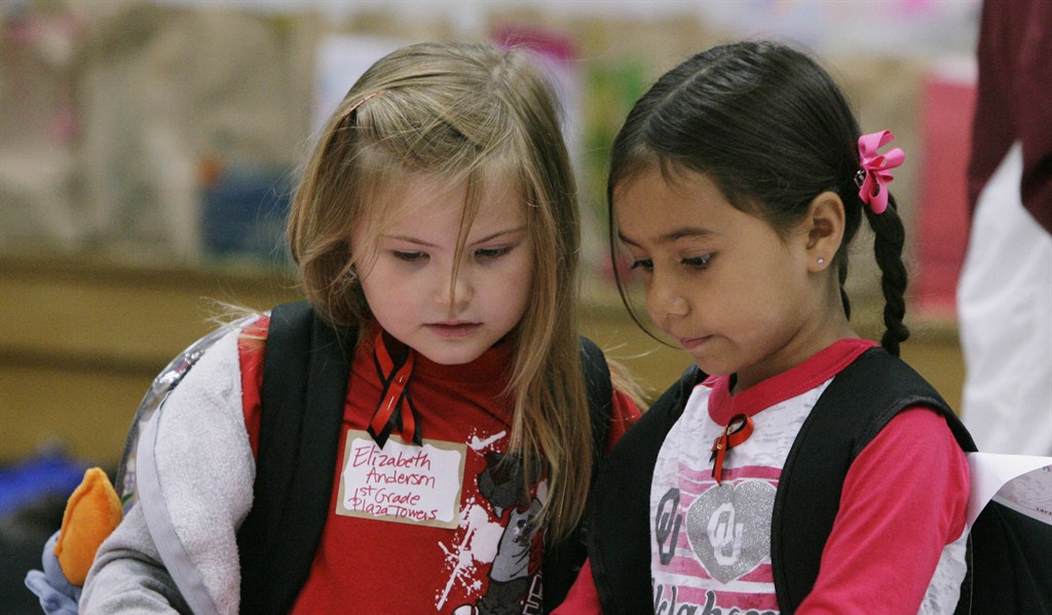School may be out for summer, at least for my children, but it's a good time to remember that learning is not only about teachers, books, subjects and grades, but more about the mindset and approach that we take in life.
While many of us may have heard, and even believed at least a bit, the axiom that an old dog can't learn new tricks, it seems that old dogs can learn, according to David Robson's article in the May 24 New Scientist Magazine, "Old Schooled, Learning Like a Child Is a Cinch If You Know How."
Watching young children learn is fun, because they are having fun. As toddlers, children learn first by imitation, from talking to walking and then playing ball, they watch adults and other children and then recreate what they have seen. Anyone who has heard a toddler say a curse word knows that the child first must have heard it elsewhere and is imitating.
Children are praised for learning, given a pass on failure and encouraged to try -- even when we know the attempt will not be successful. I still say "tucka toe" and "tucka" -- non-word words that my children used when they were younger when attempting to say "oh, no" and "thank you." They were cute then, and they are cute now.
As adults, we tend to hold ourselves to higher, impossible-to-reach standards, no failure allowed, perfection only. Such expectations lead adults to play it safe and not try. Rather than embracing the reality that we are all works in progress and that it's better to try and fail rather than not try at all, we often just play it safe and don't try at all.
Recommended
Dr. Carol Dweck, professor of psychology at Stanford University and author of "Mindset," coined the phrases "growth mindset" and "fixed mindset." Primarily focused on the learning patterns of children, these alternative viewpoints are as applicable to adults as they are to the young.
According to Dweck, people with growth mindsets embrace challenges, have fortitude when confronted with obstacles, view effort as worthwhile, learn from criticism and celebrate others' successes. As a result, they themselves are more likely to be successful in the long run.
Those with fixed mindsets avoid obstacles, give up when challenged, see no point in expending effort, deflect criticism and feel threatened when others succeed. They do not see failure as a chance to learn.
Robson pointed out that children's lifestyles are geared toward learning, which might make learning easier for children. Better fitness also affects one's ability to learn, and as health declines over time, so does one's ability to learn. He cites a study that found that when adults walked outside for 40 minutes three times a week, their levels of cognition improved.
While children learn by imitation (note curse word example above), adults often focus on small, technical aspects rather than final outcomes and can become bogged down in detail, according to Dr. Gabriele Wulf, professor of kinesiology at the University of Nevada, Las Vegas.
In addition, our thoughts about our own abilities can have great impact. ''As we get older, we lose our confidence," says Wulf, "and I'm convinced that has a big impact on performance."
So, this summer, while school is out, think about becoming a bit more fit, applauding others' successes and focusing on the desired outcome rather than the technical details. When failures happen, which they inevitably will if you are learning, view them as part of the process of learning and living, rather than as a definition of who you are as a person.
Embrace failure as part of the path to learning and living.

























Join the conversation as a VIP Member